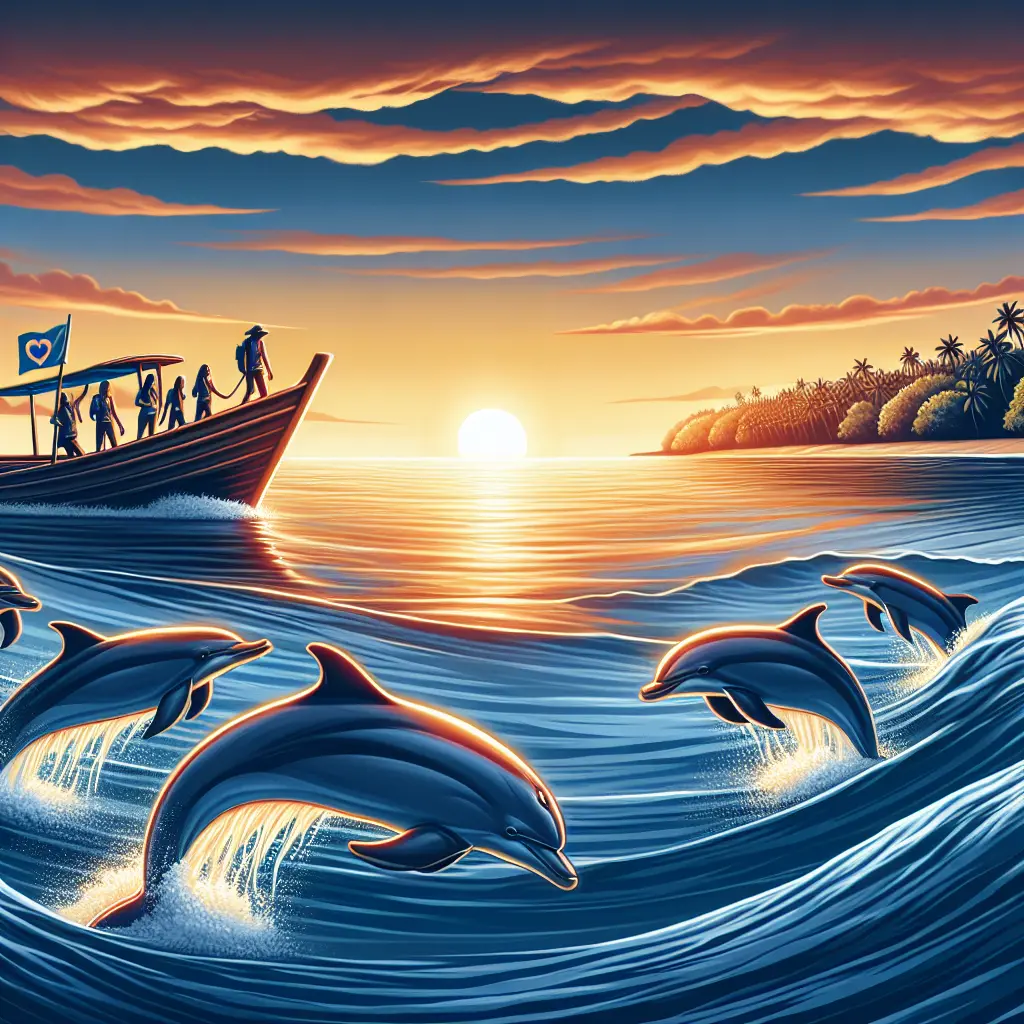In the realm of dolphin conservation, few documentaries have left a more profound impact than "The Cove." This groundbreaking film not only heightened global awareness about the plight of dolphins but also spurred significant changes in conservation efforts worldwide. Through a gripping exposé of the dolphin hunting practices in Taiji, Japan, "The Cove" illuminated the dark realities of marine life exploitation, becoming one of the most influential environmental documentaries in history. The success of "The Cove" documentary analysis has been pivotal in shaping public opinion and inspiring a wave of dolphin protection efforts across the globe.
By chronicling Ric O'Barry's relentless dolphin activism, "The Cove" elevated discussions around marine conservation and animal rights to new heights. As viewers were introduced to the harrowing scenes of dolphin slaughter, the film fueled a surge in dolphin hunting awareness and led to increased scrutiny of wildlife laws. This documentary didn't just inform—it ignited a movement that demanded more robust measures for dolphin slaughter prevention and marine life protection. The film's environmental impact resonated deeply with audiences, encouraging widespread support for initiatives aimed at safeguarding these intelligent creatures.
"The Cove" stands out among documentaries that changed the world by offering an unflinching look at the intricate web of issues surrounding dolphin conservation. It has carved its place alongside other marine life protection documentaries as a catalyst for change. As we delve deeper into how "The Cove" influenced global conservation efforts, it's clear that its legacy continues to inspire new generations of environmental advocates.
The Impact of "The Cove" on Dolphin Conservation Efforts
"The Cove" has had an indelible impact on dolphin conservation efforts globally, particularly through its vivid portrayal of the situation in Taiji, Japan. As one of the most influential environmental documentaries ever produced, its influence extends far beyond the screen, reshaping public discourse and inspiring concrete conservation actions. This section explores the multifaceted ways in which "The Cove" has affected dolphin conservation, highlighting recent developments and ongoing challenges.
Global Awareness and Advocacy
One of the most significant contributions of "The Cove" to dolphin conservation is its role in raising global awareness about dolphin hunting practices. The documentary's gripping depiction of the annual dolphin drive hunt in Taiji galvanized international outrage and led to increased scrutiny of Japan's wildlife laws. As a result, numerous advocacy groups and non-governmental organizations have intensified their efforts to end the hunts.
Ric O'Barry's Continued Activism: Ric O'Barry, featured prominently in "The Cove," has remained a steadfast advocate for dolphin protection. His relentless activism continues to inspire new generations of conservationists. Through his organization, Dolphin Project, O'Barry has launched several campaigns aimed at educating the public and pressuring authorities to ban the hunts. Dolphin Project remains a vital resource for those interested in dolphin protection efforts.
The documentary's influence extends into policy reform and legal challenges. By drawing attention to the deficiencies in wildlife protection laws, it has spurred legislative reviews and changes in various countries.
International Reactions: In the wake of the documentary's release, several countries have strengthened their wildlife protection regulations. For instance, the European Union has increased funding for marine life protection initiatives and enhanced regulations against illegal wildlife trade. The documentary has also been cited in international forums as a catalyst for change, pushing governments to adopt stricter measures against dolphin hunting.
Educational Impact and Public Engagement
Documentaries that changed the world, like "The Cove," often serve as educational tools that inform and engage the public. Schools and universities have integrated "The Cove" into their curricula to foster discussions on environmental ethics and animal rights.
Academic Incorporation: Many educational institutions have developed programs centered around "The Cove" documentary analysis, encouraging students to explore the broader implications of marine life exploitation. This educational use underscores the film's lasting impact on shaping informed citizens who can advocate for environmental sustainability.
Public perception plays a critical role in driving change, and "The Cove" has significantly shifted global attitudes toward marine life protection.
Survey Data: Recent surveys indicate a marked increase in public support for banning dolphin hunts worldwide. In Japan, where these practices have long been culturally embedded, there's growing domestic opposition fueled by international pressure and awareness campaigns initiated by documentaries on marine life.
The global impact of "The Cove" has facilitated numerous collaborative conservation projects aimed at protecting dolphins and other marine species.
Collaborative Conservation Initiatives
Partnerships and Projects: Various organizations have formed alliances to combat dolphin slaughter. The World Wildlife Fund (WWF) has partnered with local groups in Japan to promote sustainable alternatives to dolphin hunting. Such initiatives demonstrate how "The Cove" has laid the groundwork for ongoing collaboration in marine conservation efforts.
Beyond advocacy and policy, "The Cove" has inspired technological advancements designed to protect marine life.
Use of Technology: Innovations such as drone surveillance and satellite tracking have emerged as tools to monitor dolphin populations and prevent illegal hunting activities. These technologies are increasingly used by conservation groups to gather data and enforce protective measures, showcasing how "The Cove's" environmental impact extends into practical applications.
Despite these successes, challenges remain. The persistence of dolphin hunts in Taiji highlights the need for sustained efforts and innovative strategies.
Cultural Sensitivities: Addressing cultural dimensions is crucial for effective conservation strategies. Efforts must balance respect for local traditions with the imperative to protect vulnerable species. This delicate balance continues to be a focal point for international conservation dialogues.
Future Prospects: Looking forward, the success of "The Cove" documentary review suggests that future documentaries could further bolster marine conservation efforts by spotlighting emerging threats such as climate change and ocean pollution. As we reflect on the documentary's legacy, it serves as a reminder of the power of storytelling in driving environmental change.








Leave a Comment